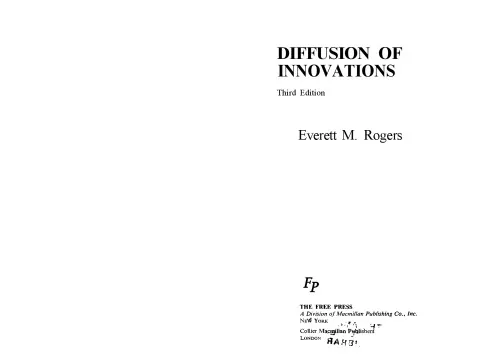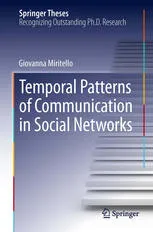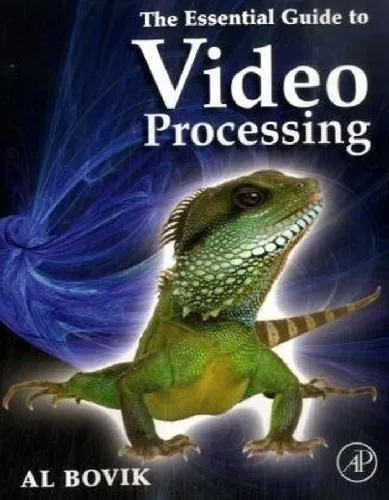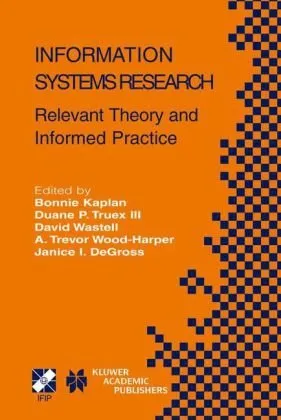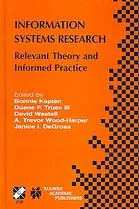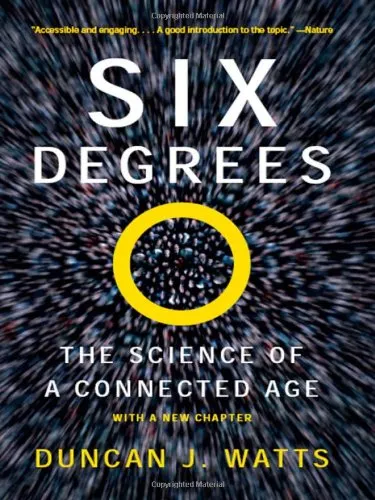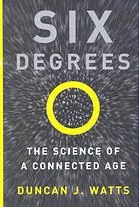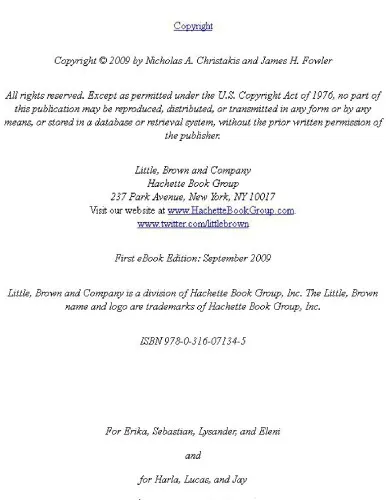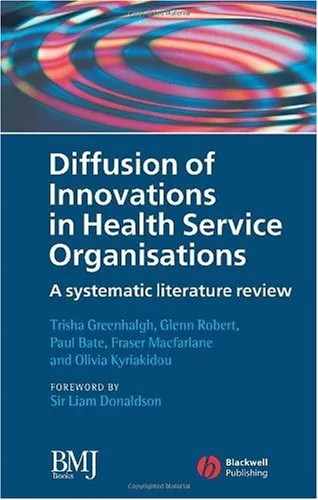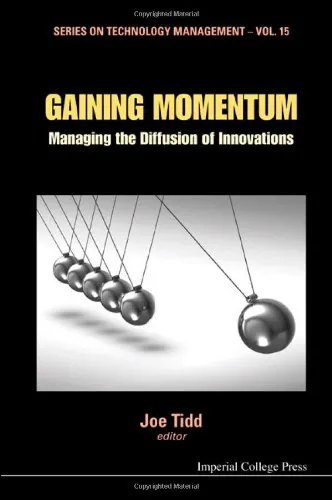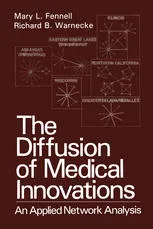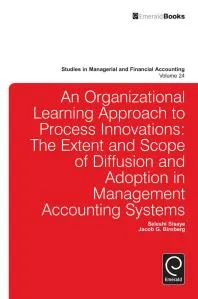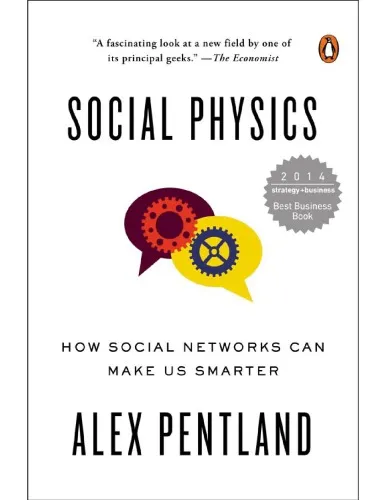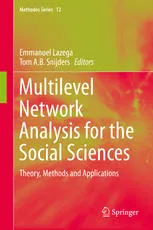Diffusion of Innovations
4.7
Reviews from our users

You Can Ask your questions from this book's AI after Login
Each download or ask from book AI costs 2 points. To earn more free points, please visit the Points Guide Page and complete some valuable actions.Related Refrences:
Since the first edition of this landmark book was published in 1962, Everett Rogers's name has become "virtually synonymous with the study of diffusion of innovations," according to Choice. The second and third editions of Diffusion of Innovations became the standard textbook and reference on diffusion studies. Now, in the fourth edition, Rogers presents the culmination of more than thirty years of research that will set a new standard for analysis and inquiry. The fourth edition is (1) a revision of the theoretical framework and the research evidence supporting this model of diffusion, and (2) a new intellectual venture, in that new concepts and new theoretical viewpoints are introduced. This edition differs from its predecessors in that it takes a much more critical stance in its review and synthesis of 5,000 diffusion publications. During the past thirty years or so, diffusion research has grown to be widely recognized, applied and admired, but it has also been subjected to both constructive and destructive criticism. This criticism is due in large part to the stereotyped and limited ways in which many diffusion scholars have defined the scope and method of their field of study. Rogers analyzes the limitations of previous diffusion studies, showing, for example, that the convergence model, by which participants create and share information to reach a mutual understanding, more accurately describes diffusion in most cases than the linear model. Rogers provides an entirely new set of case examples, from the Balinese Water Temple to Nintendo videogames, that beautifully illustrate his expansive research, as well as a completely revised bibliography covering all relevant diffusion scholarship in the past decade. Most important, he discusses recent research and current topics, including social marketing, forecasting the rate of adoption, technology transfer, and more. This all-inclusive work will be essential reading for scholars and students in the fields of communications, marketing, geography, economic development, political science, sociology, and other related fields for generations to come.
Free Direct Download
You Can Download this book after Login
Accessing books through legal platforms and public libraries not only supports the rights of authors and publishers but also contributes to the sustainability of reading culture. Before downloading, please take a moment to consider these options.
Find this book on other platforms:
WorldCat helps you find books in libraries worldwide.
See ratings, reviews, and discussions on Goodreads.
Find and buy rare or used books on AbeBooks.
1289
بازدید4.7
امتیاز0
نظر98%
رضایتReviews:
4.7
Based on 0 users review
Questions & Answers
Ask questions about this book or help others by answering
Please login to ask a question
No questions yet. Be the first to ask!
